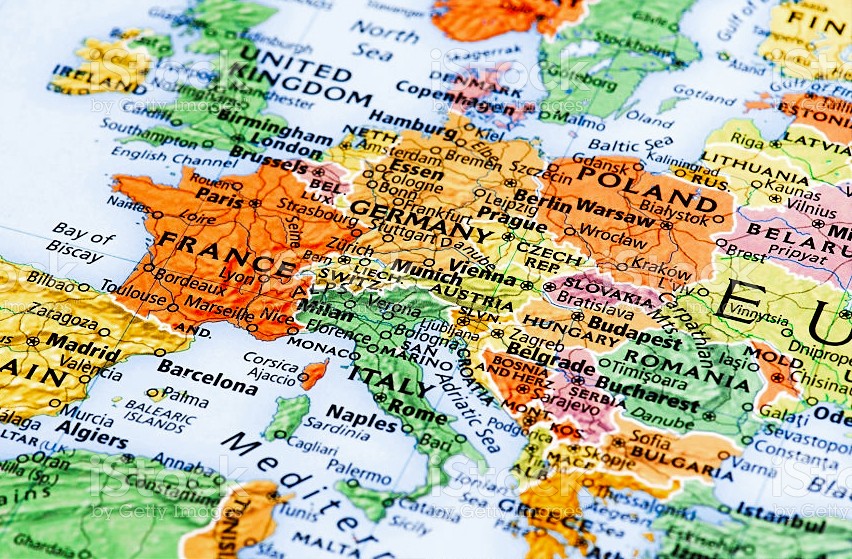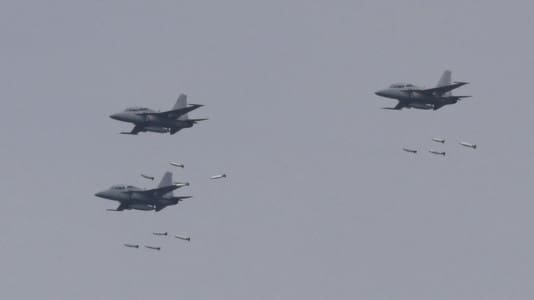The perspective of serious economic and social problems caused by Russia, through Europe’s energy crisis, resulted in the return of the looming phantom of the populist revolt in some European media. In the German public debate, which generally feeds on fear, representatives of national institutions already warn of social unrest inspired, naturally, by the radical right-wing.
Imagination showing a possible catastrophe is certainly also fueled by Italy’s unstable situation. That is where, after Mario Draghi’s coalition government fell, a new favorite in the next elections is the Brothers of Italy party with a national-conservative profile, sometimes portrayed by critiques from Brussels as a “post-fascist” party. When we also factor in the increasing social discontent in France after Emmanuel Macron was elected for his second term as president, then the image of Europe’s current situation does really seem worrying.
However, I wonder if we are not just dealing with an attempt to return to a well-known strategy from the last decade called “Project Fear.” As Thomas Jefferson said, people fear nothing more than evil things that never happen.
That is why the problem of maintaining the social contract in European countries is undoubtedly a very important matter. The second, however, is the tendency of politicians and media to manage emotions, especially fear, which most of the time is used to renounce their own responsibilities.
The coming winter could be very hard for many societies, but it will be incomparably harder for Ukrainians.
Why should we believe that the primary issue in Europe today is again social dissatisfaction and right-wing populism, and not incompetent or simply corrupt politicians? Was it not they who pursued an irresponsible policy towards financial institutions, putting societies in debt? Was it not they who got a part of EU countries dependent on Russian gas?
It is also hard to resist the impression that the spiral of fear of the looming energy crisis this winter is being wound up to increase public support for reaching a swift agreement with the Kremlin.





